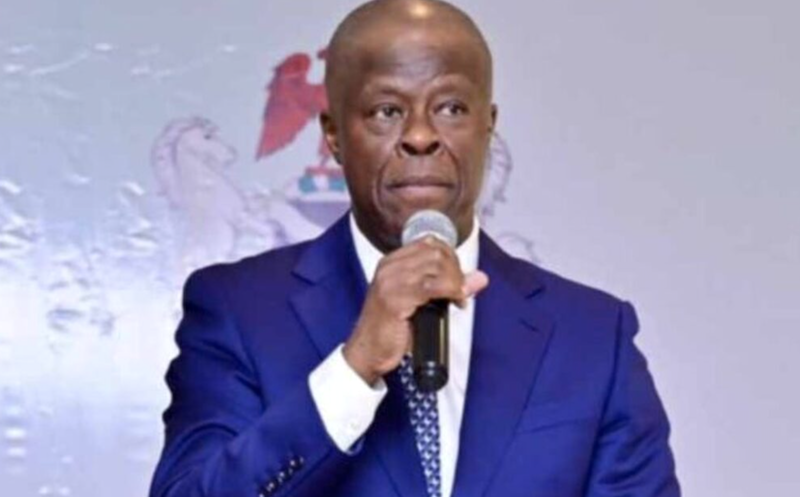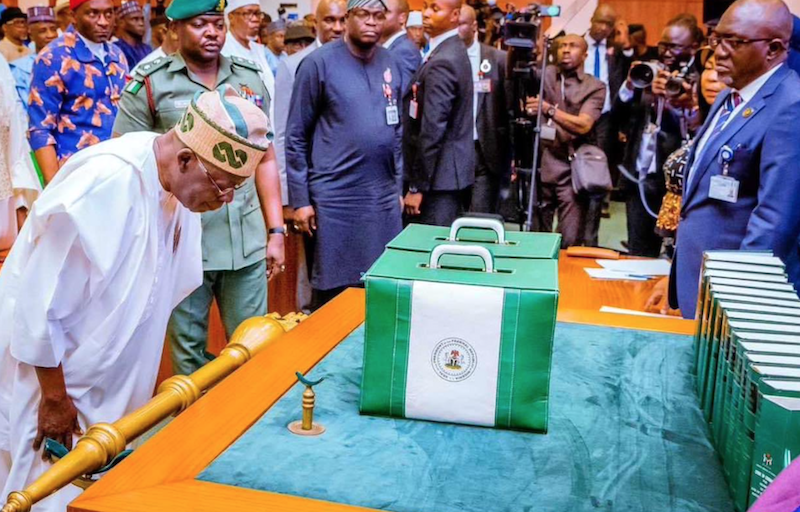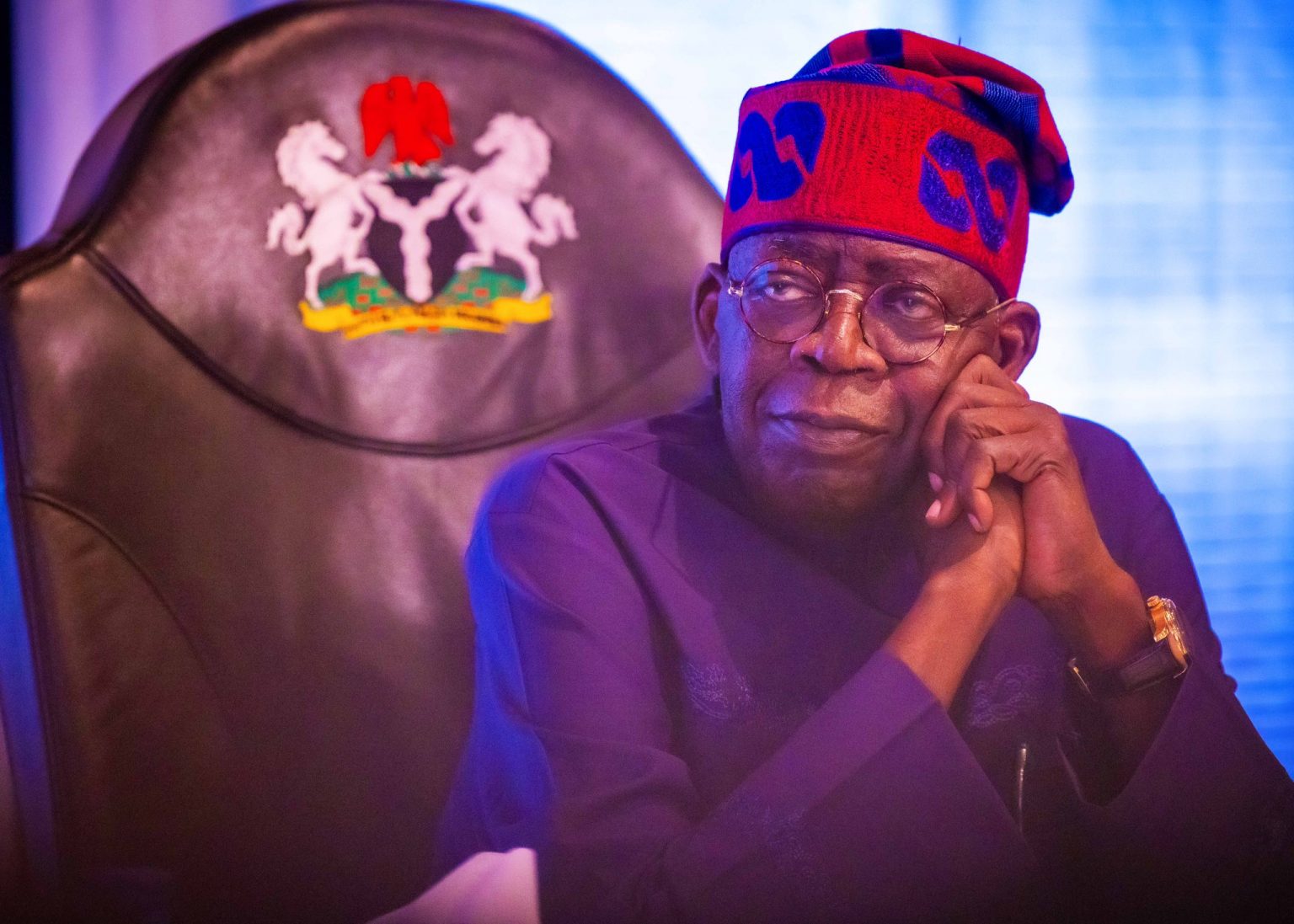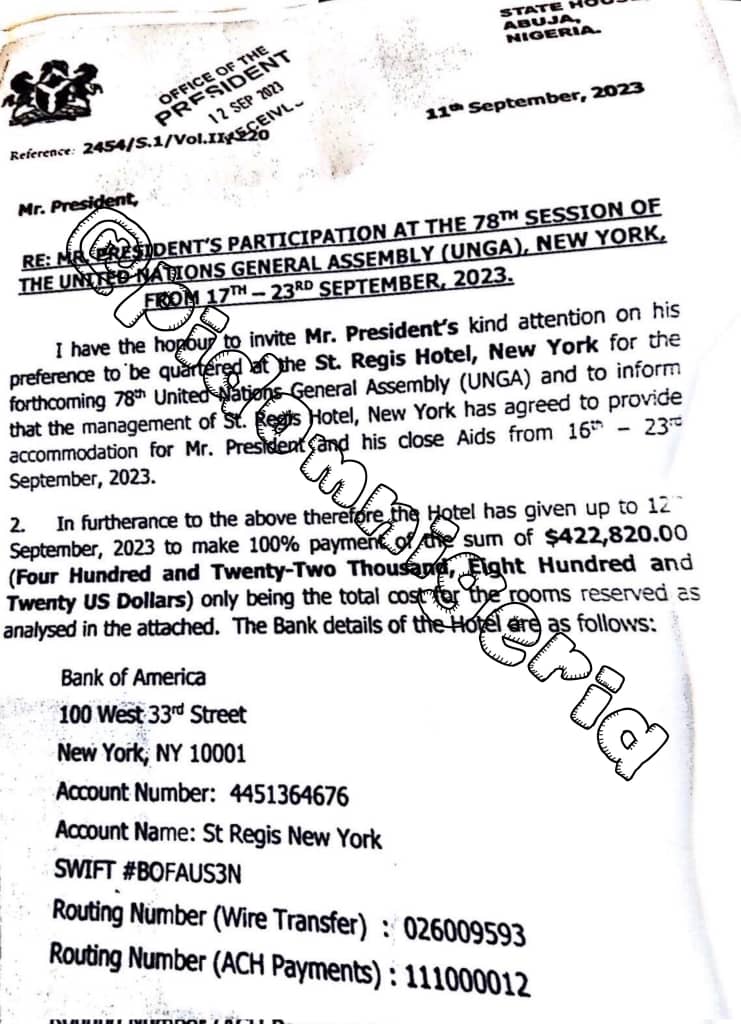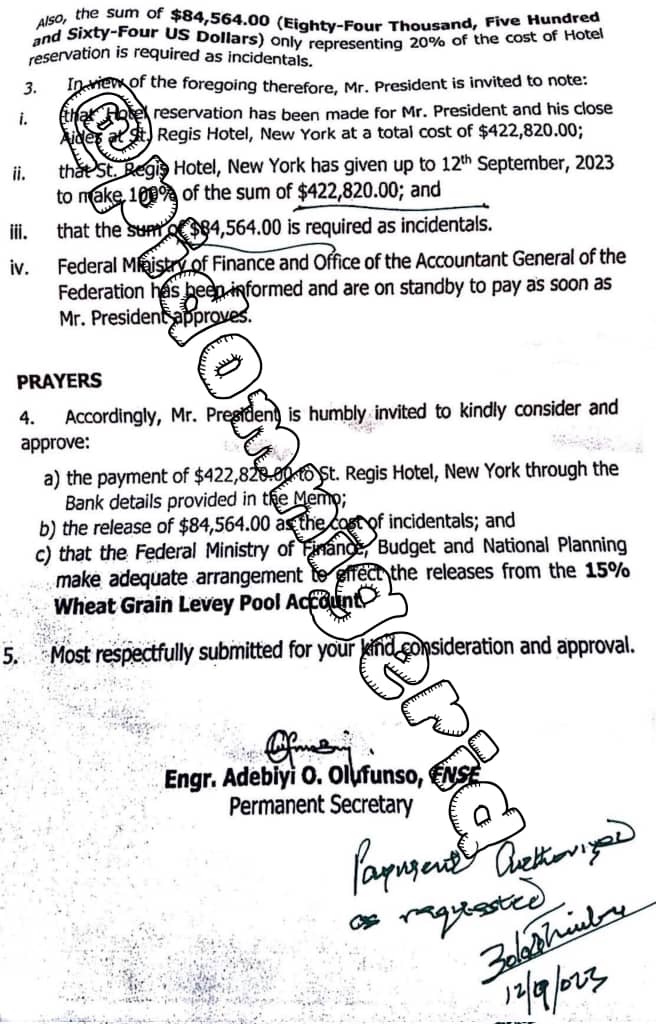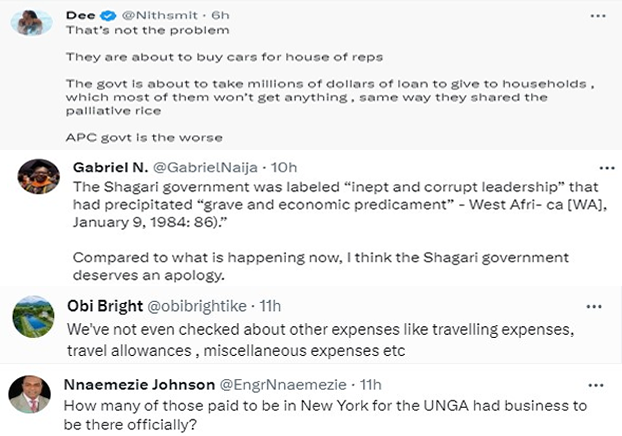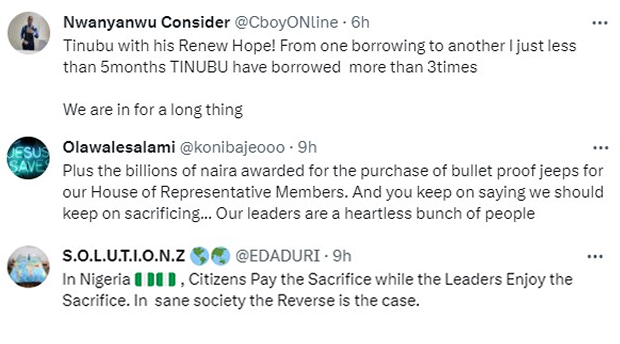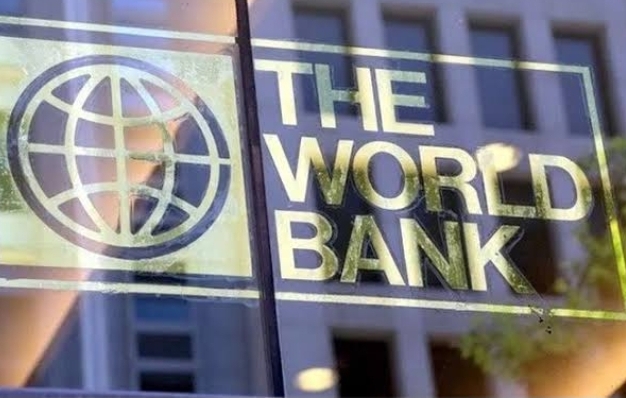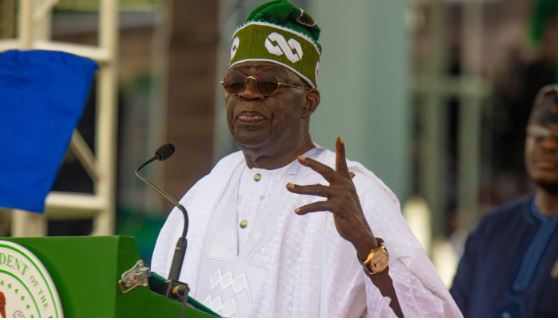The Minister of Finance, Mr Wale Edun has said the Federation Account is witnessing improved revenue inflow since the removal of subsidy.
TheNewsGuru.com (TNG) reports Edun to have said the federal government records an average of N650 million monthly to over N1 trillion in the last four months.
The Minister stated this on Monday in Asaba at the opening ceremony of a four-day retreat organised for members of the Federation Account Allocation Committee (FAAC) .
Edun, represented by the Permanent Secretary, Finance, Special Duties, Mr Okokon Udo, said the government had for long, realised that petroleum subsidy was not sustainable.
According to him, subsidy regime eroded revenues that should had been available to fund viable expenditures that were critical to the well-being of the populace.
The Minister said the present administration was mindful of the needs and welfare of Nigerians and assured that it would continue to implement peoples oriented policies..
“’We all know that achieving tax revenue to Gross Domestic Product (GDP) target of 22 per cent and tax to GDP of 18 per cent by 2026 are parts of the cardinal objectives of this administration.
”However, in doing that we appreciate the needs not to overburden the tax payers by introducing so many new taxes.
”What is necessary to be done is to broaden the tax base, simplify and streamline tax administration for ease of collection,” he said.
Edun added “Among the prior activities of this government after coming into office, was the constitution of a Presidential Committee of Fiscal Policy and Tax Reforns.
“The committee has submitted an interim report which is full of optimism’’.
The minister also noted that the present administration was not oblivious of the untold hardship faced by Nigerians, following the removal of fuel subsidy, and harmonisation of exchange rates.
He reassured that all the sacrifices made by people would never be in vain.
”Government is bent on ensuring that the economy bounces back to normal as we continue to consolidate on recovery efforts with focusing on achieving inclusive economic growth and development,” he added.
Edun said that President Bola Tinubu-led administration has so far put in place a well-structured palliative measures to cushion the economic consequences of the ongoing reforms.
On the theme of theme of the Retreat, ”Creating a Resilient Economic through Diversification of the Nation’s Revenue”, the minister commended the choice, stressing that it was suitabl.
Edun also noted that retreat clearly outlined the urgent need to diversify the nation’s economy.
In an opening remark, Gov. Sheriff Oborevwori of Delta tasked the federal government to muster the political will by putting necessary policy and institutional framework in place to diversify the nation’s economy.
The governor, represented by his Deputy, Sir Monday Onyeme said that there was no magic wand to diversify the nation’s economy from over dependence on revenue from crude oil unless concerted efforts were made in other key sectors.
He noted that the diversification of the nation’s economy must go beyond mere rhetoric to concrete measurable steps by facilitating the non-oil exports such as agricultural products, manufactured goods and services as well as the expansion of the revenue base.
Oborevwori affirmed that Delta was taking the lead to diversify its economy by creating a Trade and Export unit to drive the process in order to make economic diversification a reality.
He noted that some schools of thought believed that the discovery of crude oil which led to the neglect of agriculture and other revenue yielding non-oil sectors of the economy was a curse.
Oborevwori said the country had not properly managed its oil wealth adding that it was worrisome that the oil sector contributed between five per cent and seven per cent of the nation’s GDP.
He added that the non-oil sector mostly agriculture, agribusiness, manufacturing and small scale enterprises contributed 93 per cent to 95 per cent, yet the bulk of public revenue was from the oil and gas sector.
”Statistics have made it more exigent for the government to grow the non-oil sector to widen the revenue base, nwhile ensuring that maximum benefits were derived from the e oil industry,” he said.
The governor commended FAAC committee for its commitment to duty by enhancing revenue accruals into the federation account.
He urged the committee to look into the payment of 13 per cent derivation to oil producing states.
Oborevwori challenged the committee to use the retreat to address the concerns raised by stakeholders in respect of the new roles of the Nigeria National Petroleum Company Limited, among others by giving better understanding on their roles in the economic diversification of the country.
Accountant Generals from the thirty six states and the FCT as well as other stakeholders such as the Customs are attending the retreat.
